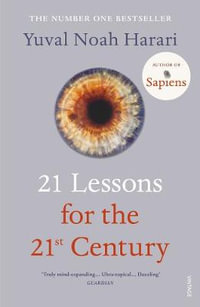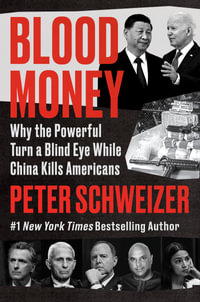Why are some civic associations better than others at getting--and keeping--people involved in activism? From MoveOn.org to the National Rifle Association, Health Care for America Now to the Sierra Club, membership-based civic associations constantly seek to engage people in civic and political action. What makes some more effective than others?
Using in-person observations, surveys, and field experiments, this book compares organizations with strong records of engaging people in health and environmental politics to those with weaker records. To build power, civic associations need quality and quantity (or depth and breadth) of activism. They need lots of people to take action and also a cadre of leaders to develop and execute that activity. Yet, models for how to develop activists and leaders are not necessarily transparent. This book provides these models to help associations build the power they want and support a healthy democracy. In particular, the book examines organizing, mobilizing, and lone wolf models of engagement and shows how highly active associations blend mobilizing and organizing to transform their members' motivations and capacities for involvement.
This is not a simple story about the power of offline versus online organizing. Instead, it is a story about how associations can blend both online and offline strategies to build their activist base. In this compelling book, Hahrie Han explains how civic associations can invest in their members and build the capacity they need to inspire action.
Industry Reviews
"Too many of our organizations merely try to inform, exhort, and mobilize. If they would restrain a bit the urge to exhort and instead invest in the long-term work of organizing, they --and our movement as a whole-- would gain strength. To the extent this book helps prompt that change it makes an urgently valuable contribution." --Organize North Carolina
"...the insights here about the transformational power of organizing and how that differs from mobilizing are compelling, well supported, and chart an inspiring path for those interested in developing a more engaged citizenry and a healthier democracy." --Political Science Quarterly
"For all the scholarship on social movements and civic associations, surprisingly little research has focused on the issue of organizational effectiveness. Han's book should go a long way toward filling this gap. Using a mix of comparative case analysis and field experiments, the author offers an empirically rich, analytically compelling account of why some associations succeed in mobilizing effective collective action, while so many others fail -- often
spectacularly -- to do so. This book deserves the widest possible audience in political science, sociology and, most importantly, among those who aspire to successful grass roots activism." --Doug McAdam,
author of Freedom Summer
"As organizers, we know that winning real change begins with real people, but it's not always easy to know what strategies are most effective for engaging people in ways that build power. How Organizations Develop Activists fills that gap, and is a must-read for any organizer or organization looking to build people power." --Ai-jen Poo, Director of the National Domestic Workers Alliance and co-director of Caring Across Generations
"Effective citizens' movements need to do much more than raise money and recruit the right individual adherents. Helping members become fully engaged and developing good volunteer leaders are the keys to having a real impact -- and Hahrie Han's pathbreaking research shows exactly how these challenges can be met with well-designed organizational strategies. Her book is a must-read for all who care about making American democracy more vibrant and powerful."
--Theda Skocpol, Victor S. Thomas Professor of Government and Sociology, Harvard University, and Director, Scholars Strategy Network
"How Organizations Develop Activists is a mature work of scholarship that deftly makes an incredibly important theoretical turn by bringing the most coherent community leadership development model, crafted by congregation-based organizational (CBO) leaders, to a close empirical analysis of the variable effectiveness of leadership approaches in garden-variety nonprofit advocacy organizations, also widely referred to as SMOs (social movement organizations)." --
Social Forces
"[E]xcellent... presents a compelling frame for how to think about maintaining and growing activist organizations and will be of interest both to scholars and students of social movements as well as activists in the field." -- Journal of Politics
"Han deploys a neat research design that combines survey experiments with comparisons of high-engagement and low-engagement chapters of two national organizations...This book is not just about civic associations. Nor is it just about social movements. There are lessons here for all collective endeavors and human projects, especially of a strategic sort." -- James Jasper, American Journal of Sociology
"Hahrie Han's How Organizations Develop Activists is an accessible, interesting, and important book that social movement scholars and activists will find compelling and worthwhile." --Shannon Elizabeth Ball, University of Kentucky

























